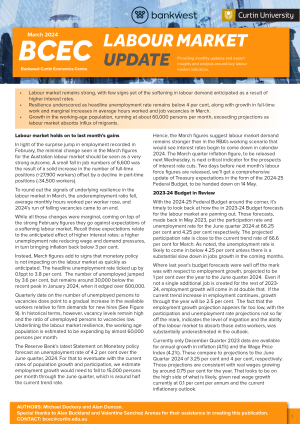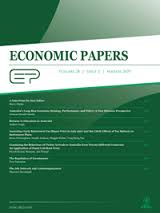Housing Tax Reform: Is there a way forward?
Australian home owners and investors benefit from various tax concessions. Home owner tax concessions are poorly targeted with older, higher income households the main beneficiaries. There could also be efficiency consequences if the tax favoured owner-occupied housing sector attracts investment that would otherwise have been employed more productively elsewhere. Investors can use negative gearing to convert ordinary income into capital gains that are taxed leniently. These tax benefits distort the supply of rental housing to the detriment of affordable rental housing opportunities. To address some of these concerns, the paper examines a potential tax reform package that would replace stamp duty by a uniform flat rate land tax. Using Victorian Valuer-General property data, we estimate the land tax liabilities that property owners would be asked to pay if a revenue neutral broad-based land tax replaced stamp duty on conveyance. We describe these land tax burdens if hypothetically levied in Melbourne as of 2005–2006, and compare the new tax burdens with liabilities under existing stamp duty provisions. The strong efficiency case in favour of such a tax substitution is complemented by empirical findings which suggest that higher income communities shoulder higher land tax burdens.




